Relationship, friendship and sex resources for professionals, carers and families
People with a
learning disability
 A learning disability is to do with the way someone's brain works. It makes it harder for someone to learn, understand or do things.
have the right to information about
gender
A learning disability is to do with the way someone's brain works. It makes it harder for someone to learn, understand or do things.
have the right to information about
gender
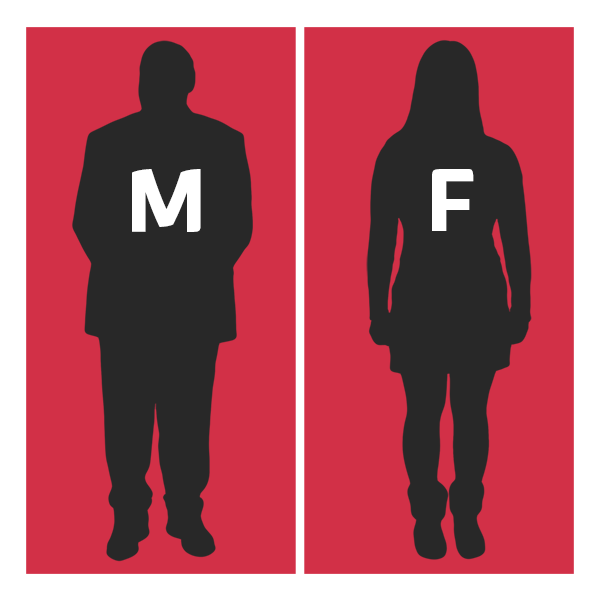 Your gender is how you think of yourself. Most people think of themselves as a man or woman. Some people think of themselves as non-binary.
and
sexuality
Your gender is how you think of yourself. Most people think of themselves as a man or woman. Some people think of themselves as non-binary.
and
sexuality
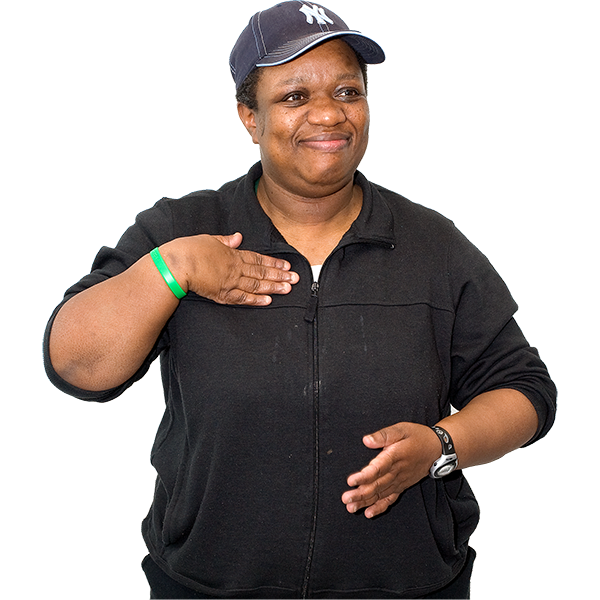 Sexuality is how you feel about yourself and your body. It is about finding out and knowing what feels right for you.
and to get good support to express themselves.
Sexuality is how you feel about yourself and your body. It is about finding out and knowing what feels right for you.
and to get good support to express themselves.
The resources on this page are designed to support teachers, healthcare professionals, carers and parents.
Advice you can trust
In this video you'll meet Ismail who talks about relationships for people with a learning disability.
Teaching guide
We all need to learn about sex,
relationships
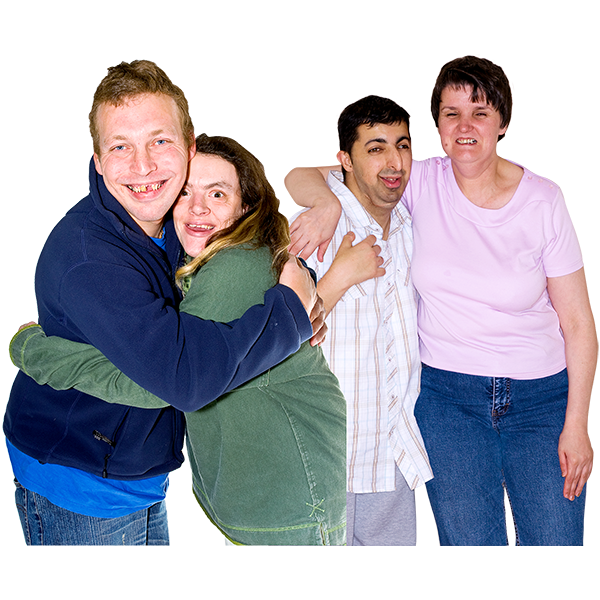 Relationships are about the people in your life. You might have different types of relationships like friendships, family relationships, or a boyfriend or girlfriend.
,
consent
Relationships are about the people in your life. You might have different types of relationships like friendships, family relationships, or a boyfriend or girlfriend.
,
consent
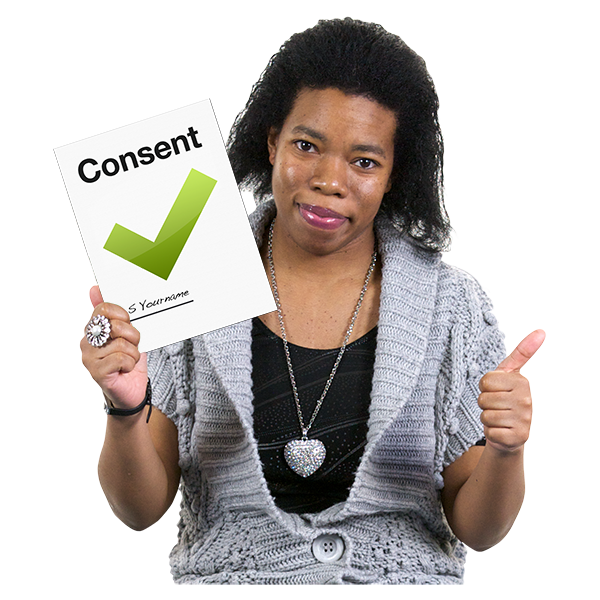 Consent is when you say yes to something, like an operation, or Mencap using your photo for a story. You may have to sign something to say yes. If you can't make your own decisions, someone else can say yes or no for you. They must think about what is right for you.
and our bodies, but it’s a lot harder for people with a learning disability to do this because
accessible
Consent is when you say yes to something, like an operation, or Mencap using your photo for a story. You may have to sign something to say yes. If you can't make your own decisions, someone else can say yes or no for you. They must think about what is right for you.
and our bodies, but it’s a lot harder for people with a learning disability to do this because
accessible
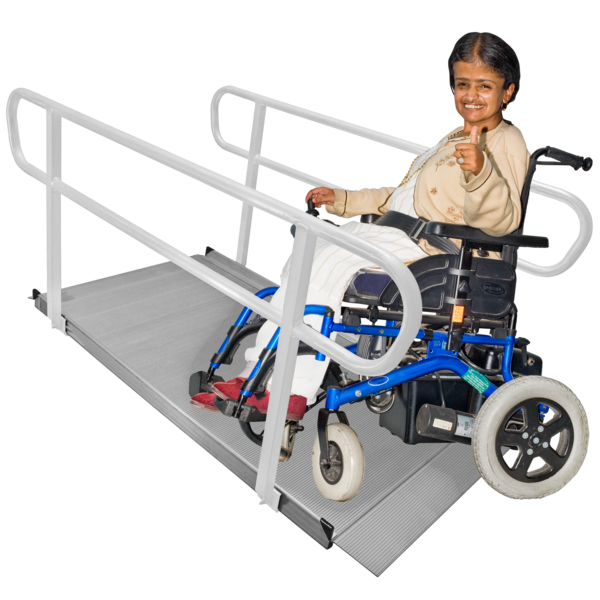 Accessible means something is easy for people to use or join in with. For example: Accessible writing means the writing is easy to read and understand.
information is hidden away.
Accessible means something is easy for people to use or join in with. For example: Accessible writing means the writing is easy to read and understand.
information is hidden away.
That’s why we are proud to have worked with the Sex
Education
 Education is when you learn things. When you fill in a form to get a job, education means you write where you went to school, college or university.
Forum and Image in Action to produce a comprehensive teaching guide.
Education is when you learn things. When you fill in a form to get a job, education means you write where you went to school, college or university.
Forum and Image in Action to produce a comprehensive teaching guide.
The guide designed for teachers, helps make relationship and sex education accessible to everyone, by giving people more time, using images and avoiding jargon, to make sure pupils with a learning disability can better understand.

Our You Being You video
This video is to support your discussions around gender identity, gender expression, sexuality and celebrating being you.
Supporting resources for use alongside our You Being You video:

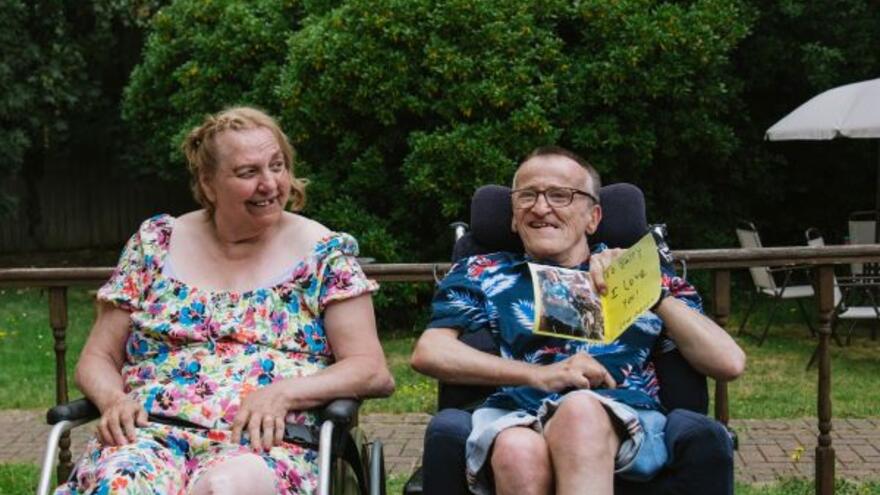
The importance of storytelling
In this context, ‘storytelling' is about people being able to express their feelings and emotions and being given the time and space to tell their own story.
We've conducted a deep dive into the importance of storytelling and have published a guide for health professionals and carers.
Additional resources

Where to get support
You can always phone or email our Learning Disability Helpline for more
guidance
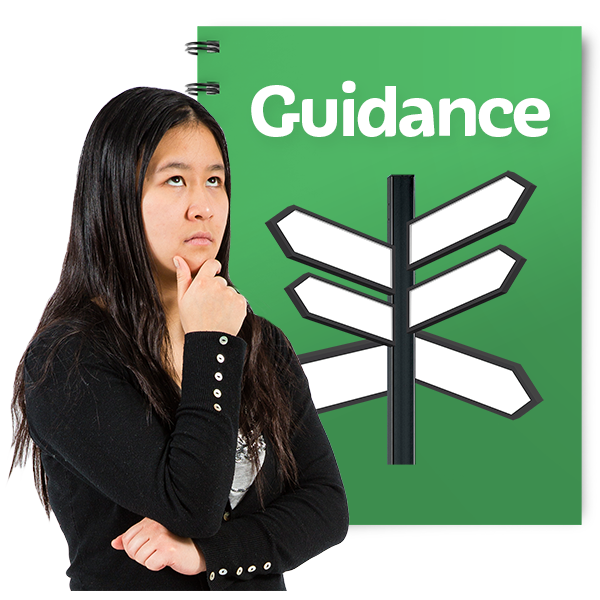 Guidance means being given clear instructions to be able to do something well.
and information.
Guidance means being given clear instructions to be able to do something well.
and information.
There is also our online
community
 A community is the people and places in an area.
where parents and family carers of people with a learning disability share their own experiences, offering advice and support.
A community is the people and places in an area.
where parents and family carers of people with a learning disability share their own experiences, offering advice and support.
